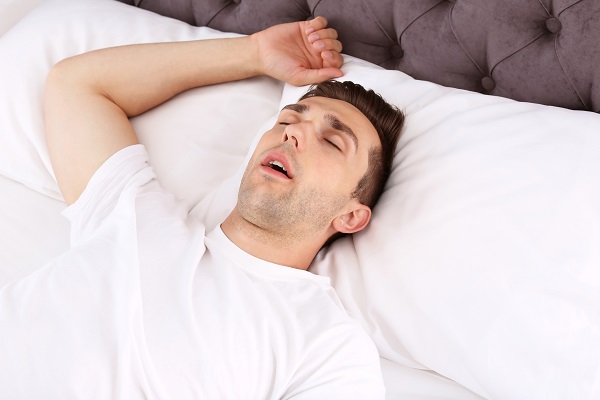How Sleep Medicine Can Help With Chronic Headaches

Sleep medicine is an important discipline that focuses on the treatment of sleep disorders. Migraine and sleep disorders or disturbances are complex conditions. They are often intertwined. It is not uncommon for one to trigger the other. If you are dealing with chronic headaches, you should see your doctor for an accurate diagnosis.
Sleep medicine and chronic headaches
Sleep disorders are usually linked with severe and frequent migraines. People living with migraines are highly likely to experience sleep disorders. Many people with chronic migraines often report having high rates of insomnia. These high rates are due to migraine comorbidities. They are also linked to some migraine lifestyle factors that make it hard for people to sleep well.
Insomnia
Insomnia is a common sleep disorder in which an individual has difficulty falling or staying asleep. It is a very common complaint among people with frequent headaches. Individuals with migraine often report increased insomnia symptoms in between the migraines. These include difficulty falling and staying asleep, waking up too early and feeling tired even after waking up. Sometimes, people also feel sleepy during the day or get less sleep than normal. A migraine also awakens a person from deep sleep.
Health care providers can diagnose insomnia with sleep diaries. A combined headache and sleep diary can be used to diagnose insomnia. It can also help identify links between headaches and sleep. Sometimes, treating insomnia can improve migraines. This is why a person who has insomnia symptoms should see a doctor.
Snoring and sleep apnea
Occasional snoring is a risk factor for chronic headaches. Snoring may be a sign of a breathing problem. Frequent snoring is usually an indicator of sleep apnea. Obstructive sleep apnea is a common condition that causes breathing to stop and then start repeatedly.
This happens while a person is asleep. Some signs and symptoms of sleep apnea include morning headache and excessive daytime sleepiness. It also contributes to a poor sleep routine. Treating sleep apnea can help improve or stop most sleep apnea-related headaches.
Teeth grinding
Grinding the teeth while sleeping is common for people with temporomandibular joint disorder (TMD). Frequent teeth grinding, also known as bruxism, has been associated with both chronic and episodic migraine. Teeth grinding can harm the teeth and can be a symptom of poor sleep and excessive stress. Simple behavioral changes for stress reduction or the use of a mouthguard can help prevent bruxism. This can also end up stopping the associated headache.
Takeaway
If you have headaches or migraines and you think you may also have a sleep disorder, visit your doctor as soon as you can. Your doctor may diagnose both. You may need further testing such as a sleep study. You can benefit from keeping both a sleep log and a headache diary for at least 24 hours before an appointment.
These can help in the diagnosis process. You should also inform your doctor of any sleep aids you use or other things that can contribute to wakefulness. You should bring your sleep log and headache diary to your doctor’s visit. Sleep patterns can be used to identify sleep disorders, which is beneficial for treatment.
Request an appointment here: https://www.mytotaldentistry.com or call McCarthy Dentistry at (740) 546-5178 for an appointment in our Marietta office.
Check out what others are saying about our services on Yelp: Sleep Medicine in Marietta, OH.
Recent Posts
When a dental emergency hits, it is important to know where to go to access the right care. An emergency dentist is often the right provider, although life-threatening emergencies require a trip to the emergency room. Learning when to go to the emergency dentist versus the emergency room can save you time, money, and discomfort.…
Preventative dental care is essential for your oral health. If you have never been to the dentist, it can be hard to know what to do. Let's go over some of the best practices for diet and nutrition that you need to keep your teeth healthy and strong, so that not only are they easier…
Tooth enamel protects your teeth from harmful pressure, which means ensuring it is in great shape should be a routine in your preventative dental care. If not properly taken care of, the enamel can erode and make your teeth more susceptible to things like breaking, cracking, or chipping. Ultimately, this can be very painful and…
Preventative dental care has long been the focus of dentists and patients alike. Taking proactive steps to protect your teeth and gums not only helps you prevent tooth decay and gum disease but can also decrease your risk of developing other illnesses such as heart disease, stroke, cancer, and diabetes. Here’s how oral health affects…


